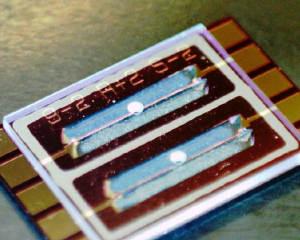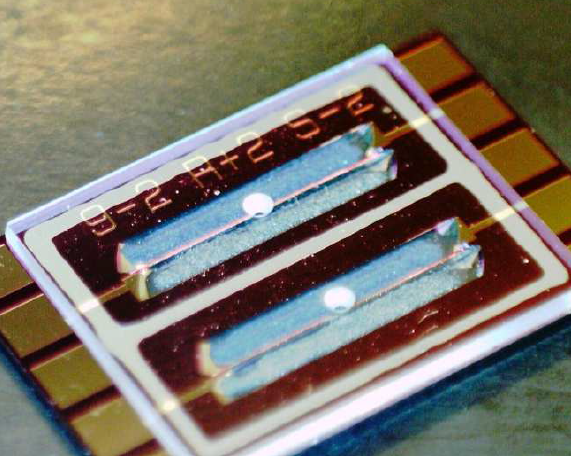ALION: A low-cost Aluminium-Ion Battery developed by European Researchers
 A European consortium launches a new research project to conceive an innovative and low-cost energy storage technology with improved performance, safety, and reliability.
A European consortium launches a new research project to conceive an innovative and low-cost energy storage technology with improved performance, safety, and reliability.
Barcelona, September 3rd, 2015
A European research consortium decided to invest in a highly innovative project in order to develop aluminium-ion batteries. The project, called “High specific energy aluminium-ion rechargeable decentralized electricity generation sourcesâ€, or ALION for short, aims to develop a rechargeable battery at lower cost and higher energy efficiency than lithium-ion.
Rechargeable batteries are the most used energy storage options and many technologies in this field have emerged recently. But very few research projects focused on Al-ion batteries so far, as the technology is at its very beginning. In particular, ALION is the first European project dealing with this technology as only a few scientific articles and patents have been published in USA and China.
The results expected are quite promising: double the power or divide by two the weight of the battery, compared to a standard lithium-ion battery thanks to the three electron transfers during the electrochemical charge/discharge reactions. Another advantage of using aluminium is that it is a much cheaper and abundant material than lithium.
“The project covers the whole value chain from materials and component manufacturers, battery assembler, until the technology validation in specific electric microgrid system including renewable energy sourceâ€, says Ahmad Bilal, coordinator of the project at Leitat Technological Center.
The battery is designed for energy storage applications within a grid with a stationary battery for renewable energies. But one could imagine other applications such as transport, as the charging time can be reduced significantly under specific circumstances.
Background
The ALION project involves over a 4-year period recognized organisations from all over Europe: Leitat Technological Center (Spain), Torrecid (Spain), Varta (Germany), Albufera Energy Storage (Spain), Dechema Forschungsinstitut (Germany), University of Southampton (United Kingdom), Technische Universität Berlin (Germany), Solvionic (France), Norwegian University of Science and Technology (Norway), Accurec (Germany), Acciona (Spain), CEG Elettronica (Italy), and CEA (France).
This project has received funding from the European Union’s Horizon 2020 research and innovation programme under grant agreement No 646286.
Press contact
Ahmad Bilal
+34 93 788 23 00
Disclaimer
This publication reflects only the author’s views and that the European Union is not liable for any use that may be made of the information contained therein.

